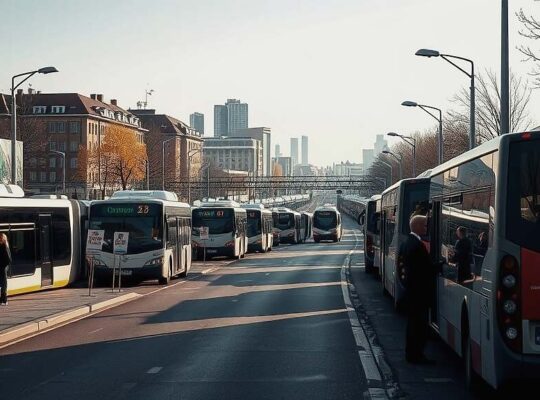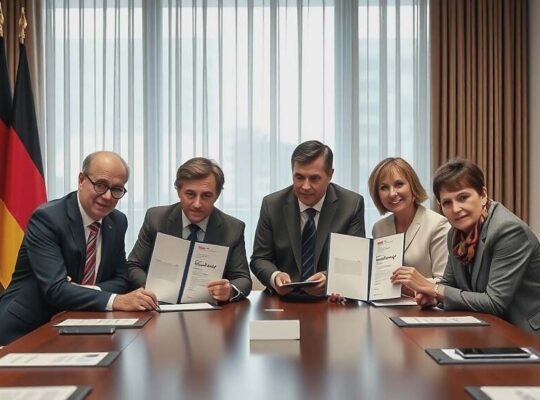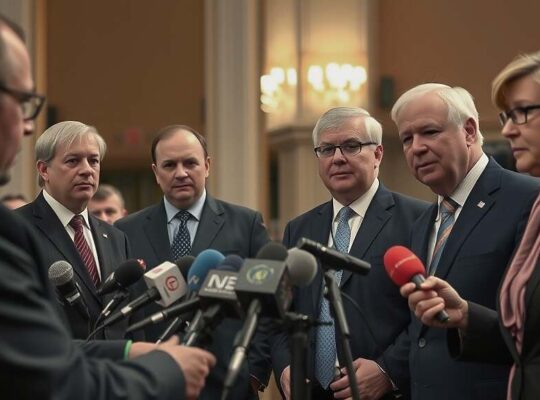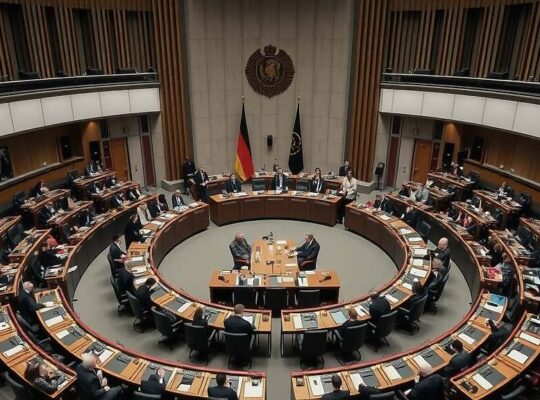Germany’s Federal Ministry for Family Affairs has expressed support for an initiative launched by the state of Mecklenburg-Vorpommern to more tightly regulate loot boxes within online games.
The ministry stated Monday that it welcomes initiatives focused on protecting children and young people. Loot boxes, described as virtual containers with randomized content purchasable with real money, are a particular area of concern due to the lack of transparency regarding their contents.
Acknowledging that gaming is now an integral part of childhood and adolescence, the ministry highlighted inherent risks, specifically those related to potentially unforeseen financial commitments. These mechanisms, it stated, can lead to a loss of control over spending and potentially contribute to problematic or excessive gaming behavior.
The ministry emphasized that loot boxes present particular challenges for younger players, as their functionality closely resembles gambling mechanisms and can incentivize prolonged screen time.
Referring to regulations implemented in 2023 regarding age ratings for digital games, officials noted that “interaction and usage risks” including potential financial traps and gambling-like elements, are now considered during the rating process. These regulations are already showing an impact, with approximately one-third of games with online functionalities examined since the implementation receiving a higher age rating due to the presence of such interaction risks, including loot boxes.
Alongside age ratings, textual descriptors are now used to inform consumers about additional features within games, beyond the core content. Furthermore, the ministry announced its commitment to advocating for a ban on unfair business practices, such as deceptive designs and addictive mechanics, through the upcoming “Digital Fairness Act” at the European Union level.












